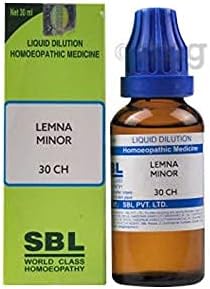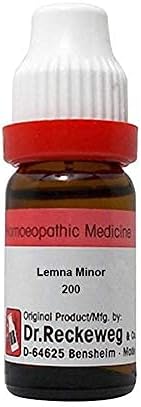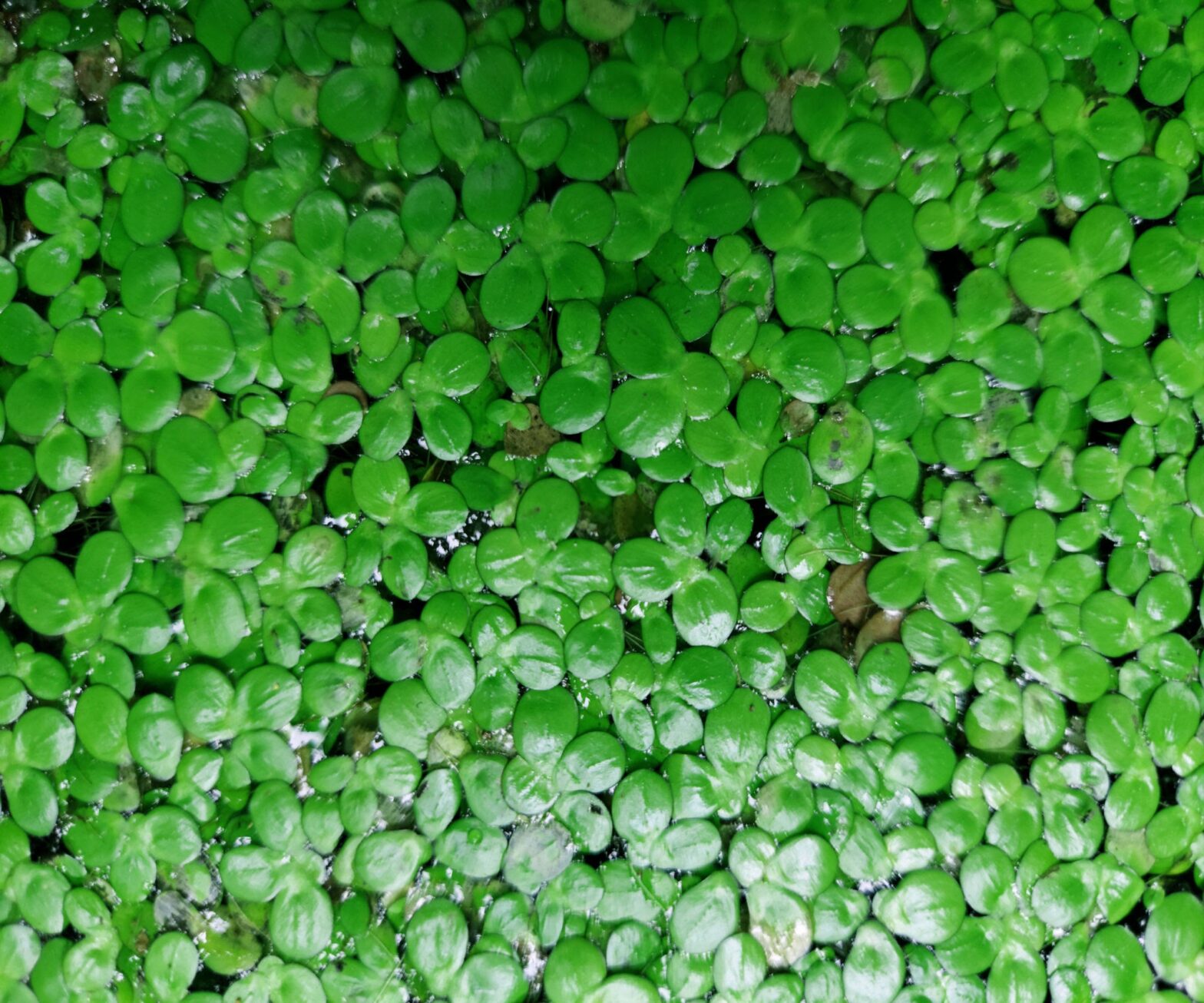Lemna minor, also known as Duckweed, is a fascinating homeopathic remedy derived from a small aquatic plant found in still or slow-moving waters. Despite its unassuming appearance, Lemna minor holds significant therapeutic potential in addressing a range of nasal and respiratory ailments. This remedy is particularly effective in cases where nasal symptoms manifest as a result of damp or humid conditions, making it a valuable addition to the homeopathic toolkit.

Botanical Source and Preparation:
Lemna Minor is prepared from the fresh plant of the Duckweed, belonging to the Lemnaceae or Pistiaceae family. The entire plant undergoes the potentization process, transforming its inherent properties into a dynamic homeopathic remedy. Its unique curative powers lie in its profound impact on the nasal mucous membrane and its affinity for treating nasal and respiratory afflictions.
Clinical Indications:
Lemna Minor’s action predominantly centers on the nasal mucous membrane, making it a valuable asset in addressing nasal polyps, turbinate swelling, and various other nasal symptoms. This remedy is renowned for its ability to reduce the size of nasal polyps, often obviating the need for surgical intervention. Patients requiring Lemna Minor typically experience nasal obstruction, postnasal drip, loss of smell (anosmia), and a characteristic worsening of symptoms in damp or rainy weather. In other words, patients often complain of a sensation of obstruction within the nose, with difficulty in breathing through the nostrils. The discharge tends to be thick, bland, and may be accompanied by a loss of smell (anosmia).

Respiratory and Gastric Benefits:
Apart from its nasal applications, Lemna Minor extends its therapeutic reach to the respiratory and gastric systems. It exhibits a unique efficacy in managing cases of nasal turbinate hypertrophy or swelling, offering relief from symptoms such as nasal congestion, snoring, and altered smell. Respiratory symptoms, like nasal ones, are aggravated in damp conditions and may be accompanied by a loss of taste or appetite. Additionally, Lemna Minor is indicated for cases of atrophic rhinitis, where it helps address excessive crusts within the nose, mucopurulent nasal discharge, and foul odor emanating from the nose.
Dosage and Relationship with Other Remedies:
Lemna Minor is administered in various potencies, including tincture form, with the tincture being preferred for reducing the size of nasal polyps. It follows a complementary relationship with Calcarea carb, Merc Sol, and Psorinum, further enhancing its therapeutic synergy. While Lemna Minor’s primary focus is on nasal and respiratory conditions, it also displays an effect on gastric issues, particularly twisting abdominal pain and diarrhea exacerbated by damp or wet weather.

Lemna Minor’s role in homeopathic medicine is undeniably significant, especially in its ability to address complex nasal, respiratory, and gastric concerns. With its foundation in the Duckweed plant and potentization process, this remedy demonstrates its healing potential in managing nasal polyps, nasal turbinate hypertrophy, atrophic rhinitis, and other related symptoms. Its affinity for alleviating distress exacerbated by damp or cold conditions showcases its holistic approach to healing. A thorough consultation with a trained homeopath is essential to ensure appropriate and effective use of Lemna Minor for optimal patient outcomes.
